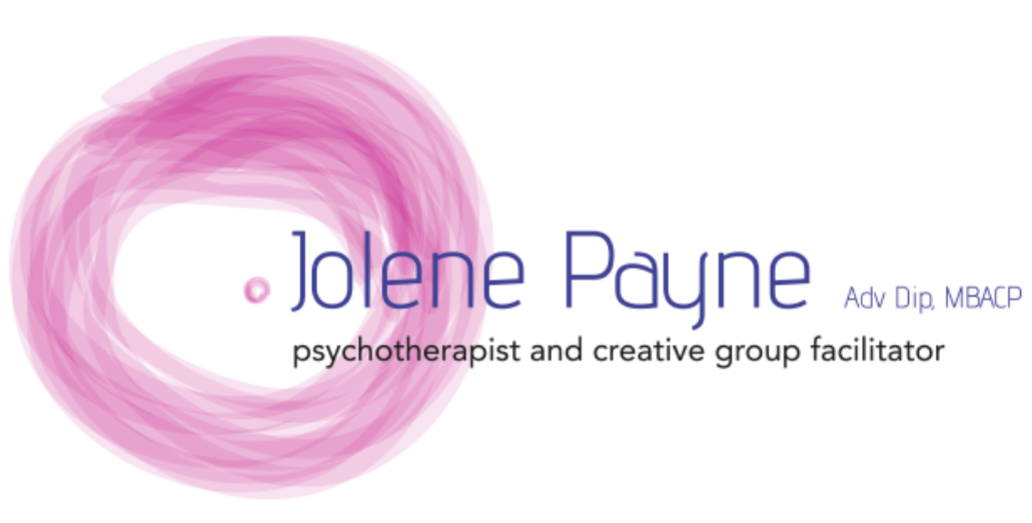Thumbs up, thumbs down
Posted on 2nd June 2023 at 10:23
It is 9am. My morning ordinarily starts an hour earlier, however I have been sat with tears flowing down my cheeks watching the BBC interview with Phillip Schofield. It is compelling, the interviewee sits composed and keeps a mono composure throughout, yet his soft tones convey compassion towards a man who is currently the target of a whole load of anger. He is, in my opinion the scape goat for the Jimmy Saville rage that has been steaming away in the cess pit of television for many years. And yet, not that it counts – in my opinion, Phillip Schofield is accountable for one thing only, his personal shame supported some painful secrets.
This piece of writing however is less about a TV personality, and my tears are certainly not a river that runs for him. My feelings are a profound emotional response to a growing new human relational tool which we have learnt over the last few years. Social media has taught us to “thumbs up, thumbs down”, and much as the lessons began online, they are sadly now extending out into the world.
I remember the feeling when I first started to see online bullying in its extreme version. A clearly dyslexic person was asking for help on a village forum. Within minutes, he had been criticized for his spelling, his mental stability had been questioned and it had been suggested that he “go back to where he came from”. I feared for my sons future, and started to pick up the role of being a voice to the voiceless. For a good few years, whenever I saw online bullying – I called it out – only to be personally lacerated myself – my inbox, a vile encyclopaedia of swear words – I still have one to remind myself never to endeavour to stretch my ego into being a keyboard warrior again
“are you defending people online because you are so F*&^ing ugly, or is it so that you can get laid by all the thick people. Why don’t you just shoot yourself and give us all space to say what the F&^% we want”
Nice thing to wake up to hey.
Anyhow, I digress.
Yesterday, my sons school chose to pop up a “happy pride” post with a watercolour picture. This is a huge leap forward from a school which has needed to progress in terms of LGBT awareness. I imagine that for many of the upper school kids, this was a real moment in them being represented outwardly. facebook now has an angry face as well as a thumbs down, and in addition to her “angry face”, a comment read ;“religion is like a penis, its okay to have it but not to rub it on everyone’s face, especially children’s”. I imagine said eloquent narrator had a remit of protecting children – I question whether she understood that her comment itself was an assault on some children’s eyeballs !
Needless to say, we are learning to see this type of communication as part of the unfortunate downside of having social media.
And yet – how does this extend into our world ?
One of my passions is exploring difference and many of my clients will groan when I say “ difference is the hardest part of humanity” – it truly is ! Difference is so hard to negotiate, in its most innocent form, , it is a banterous argument between two people, each trying to be heard in their unique view point. In its more volumous form – it is a divorce, it is a physical fight, it is an end to a friendship, it is war. Difference, IS the hardest part of humanity.
The “thumbs up, thumbs down” tool, became a useful one in the early days of negotiating difference online. We could agree or disagree in a quiet subdued way. It paved the way for us to be nameless yet not voiceless – unlike a ballot box – we did not need to attend in person. It just required us to tune in to a conversation and without knowing any of the context – just click a mouse button – and there we go, our vote was cast – I do not agree with “this”.
Further down the line, and with enough reassurance from not being the “only one”, confidence grew, and instead of just a thumbs up or thumbs down, we could write a comment – and we could use whatever language we wanted and proclaim any sort of back up evidence. We could claim to be an expert in anything – no longer do I just “thumbs down” your dyslexic spelling, I can now also call you thick, stupid and ignorant in one foul swoop, and to top it off, I can place a raging angry face next to my comment to make my point.
Jolene make your point, - I’m so full of feelings, the words keep coming and yet the point I’m trying to make is almost as illusive as this new way of relating.
I, live my life – as do many people interacting with other people who sometimes act in ways that upset or irritate me. Sometimes, I tell myself a story that those people have done /said /been purposely hurtful to me. And – what I try desperately hard to do is ask myself a question – do I, and the person behind the story, have a close relationship that I wish to save or not. If yes, it is highly likely that I will confront the issue. I will call them up, and I will say “hey that thing that happened yesterday stung a bit can we talk about it”. If not, then I will walk away and I will turn to some friends and get some support for my hurt feelings. In this way, they and I learn something – we navigate the field of difference, we learn something new about each other and we grow in our understanding of empathy and compassion.
Or we don’t, maybe we don’t manage to resolve it, maybe I have to walk away and grieve that a profound change wasn’t possible. Maybe I have to see a painful truth – that we can’t all “get along” that it isn’t a reality that we are all ok with each other all the time.
However, this new relational tool, that I believe started with “thumbs up, thumbs down”, is a new way of approaching the situation.
I begin by declaring that my hurt feelings are worth making a formal complaint, or gathering an army of people. I will tell my story, and declare that it IS the ONLY story – and you will believe me, because the way we show empathy now is not to question anything – that apparently is shaming behaviour.
If I mention homophobia, or sexism, or racism, or transphobia in any of my hurt feelings, it amps up my ability to win over the argument. And you, as my support possie will worship my story now as if it is the gospel. And in the mean time, that person over there, who accidently, or naively, or just in their own honest difference, hurt my feelings – becomes the target of hatred both online and in person. Jobs are lost this way, scholarships are refused this way, lives are fundamentally ruined In just this way. And to top it off, the people around me who HAVE suffered racism, transphobia, homophobia are now silenced under the volume of my bizarre story.
How desperately sad.
So what’s the alternative – because I also do agree that bad behaviour does have to be called out and made accountable. I wish I knew. I’m in continual pursuit of evolving compassion into a tool which can steadily hold us as we negotiate difference. And….i don’t think returning to a modern version of “stoning” is the solution.

Share this post:









